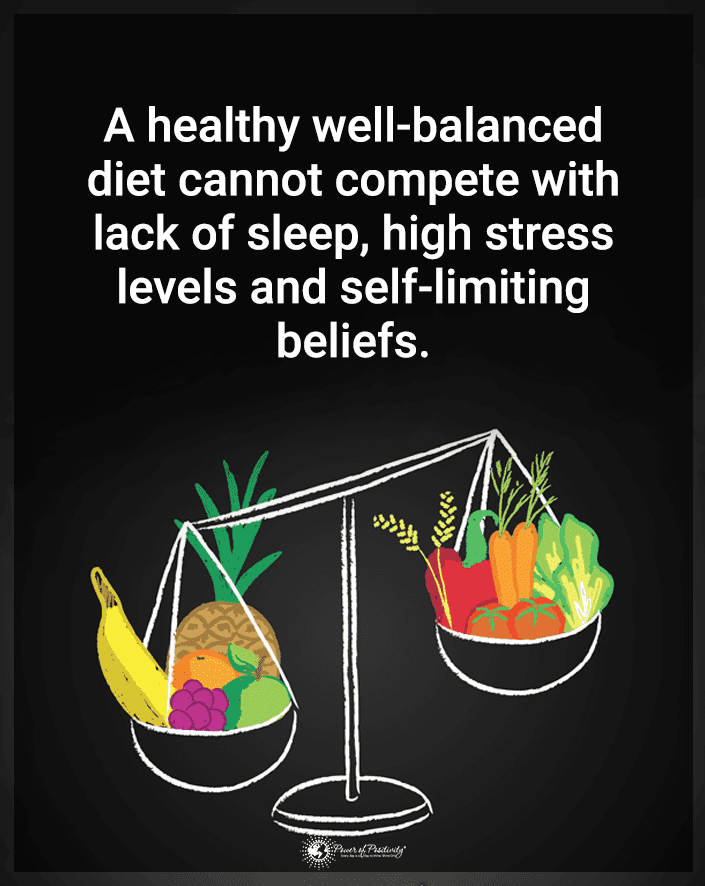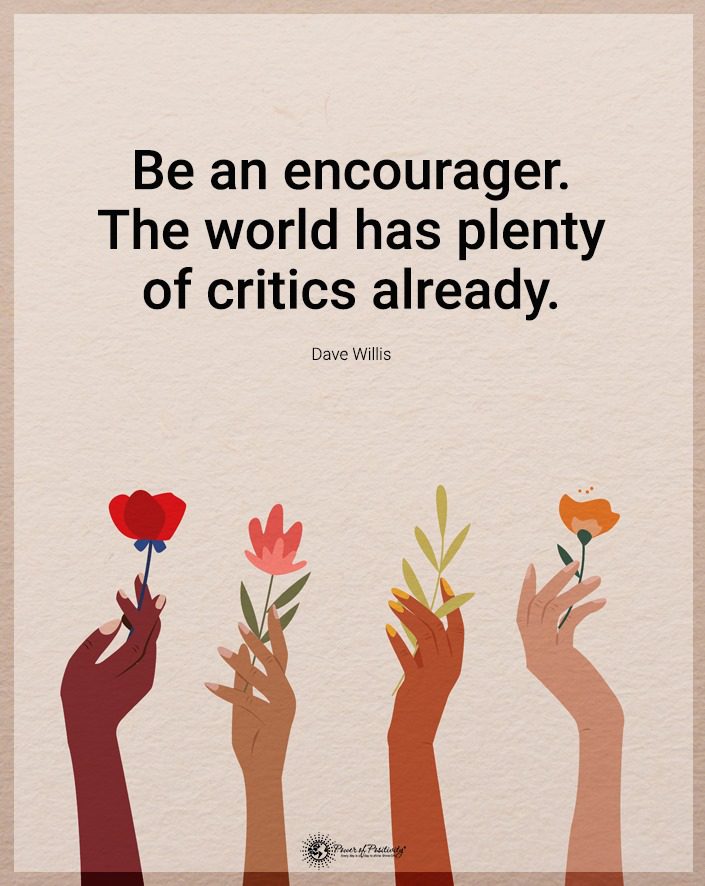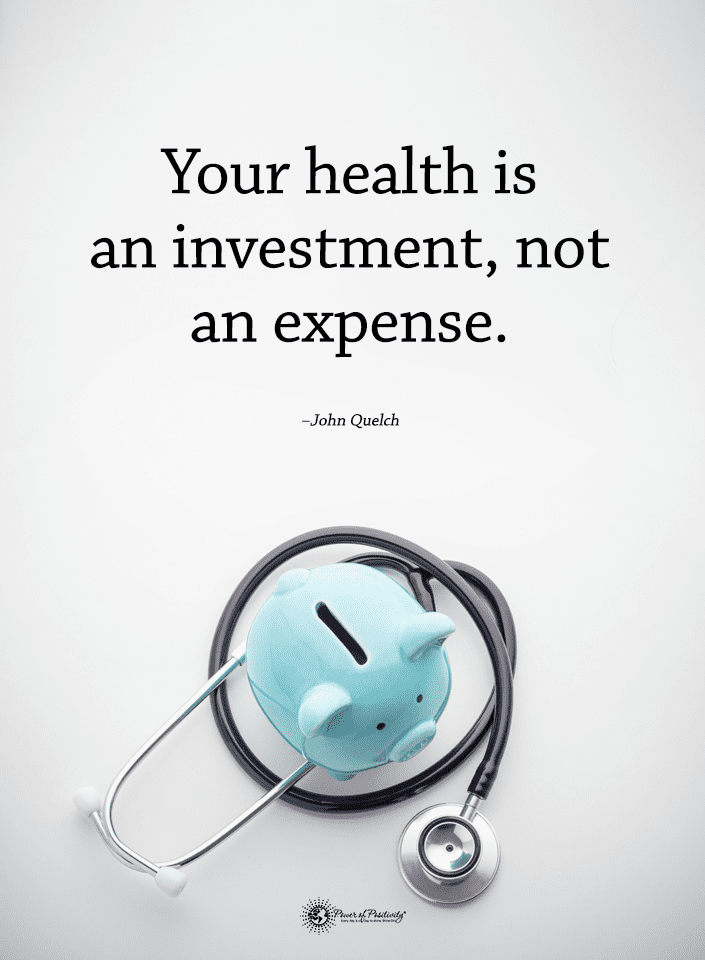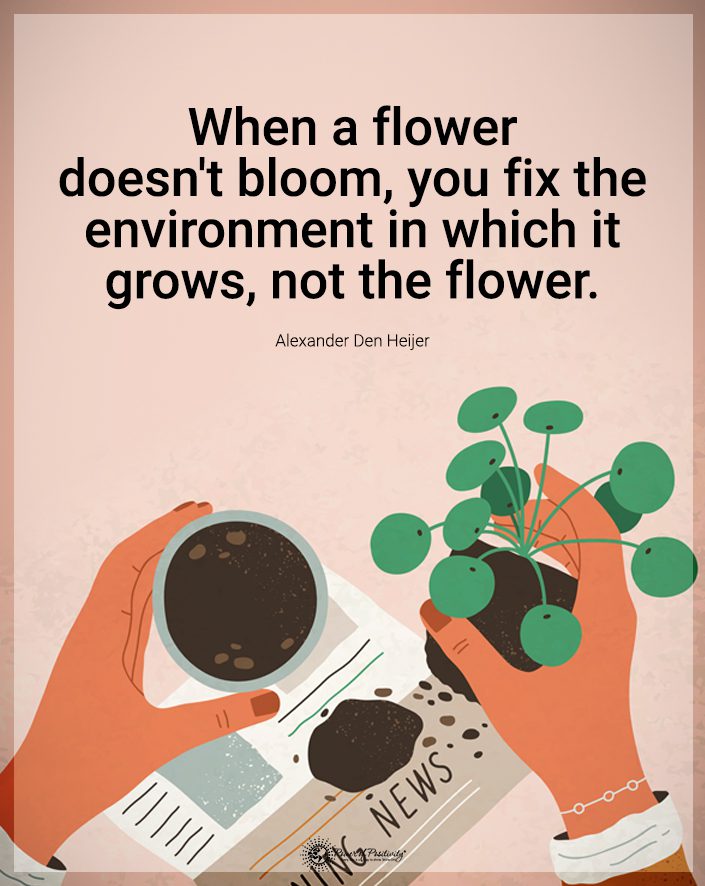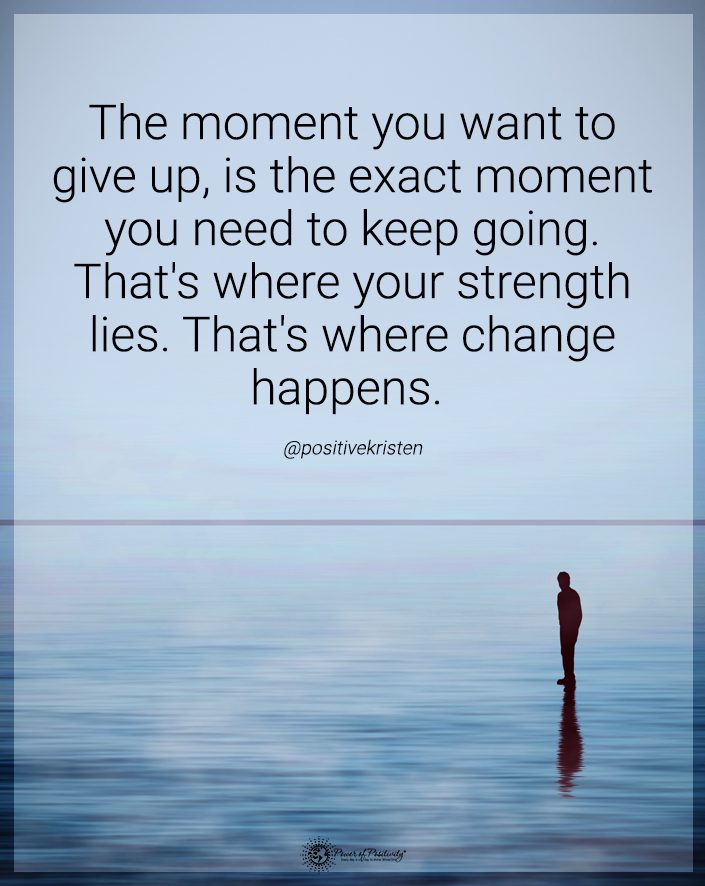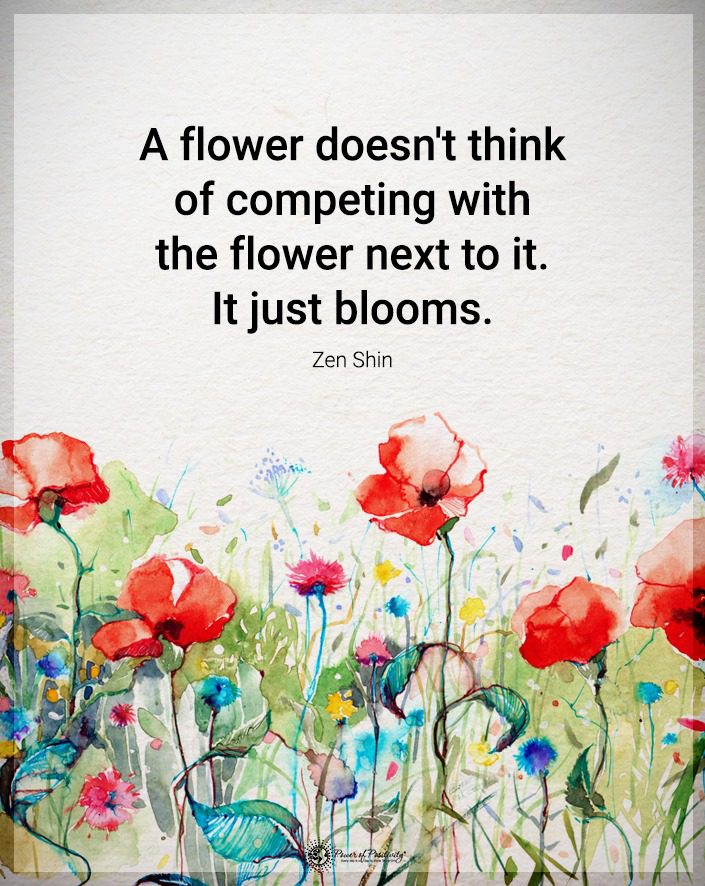In pursuing a fulfilling and joyous life, joy is a beacon, radiating its vibrant light upon our daily experiences. Yet, joy is not something that happens to us; it is an active creation. To lead a joyful life requires a deliberate effort, an intentional weaving of practices that infuse our existence with positivity, meaning, and contentment.
Defining a joyous life goes beyond momentary happiness or fleeting pleasure. It encompasses a state deeply rooted in gratitude, resilience, and genuine connection with oneself and others. A joyous life transcends the mere absence of sorrow or hardship. It is an active pursuit of experiences that uplift the spirit, nurture personal growth, and foster a sense of purpose.
Practices for a joyful and meaningful existence help access the transformative nature of consciously engaging in activities that nurture joy. These practices serve as guiding principles, empowering individuals to make deliberate choices and shape their lives to promote long-lasting happiness. The importance of actively creating a joyful life cannot be overstated.
Our overall well-being and happiness hinge upon our ability to navigate life’s ups and downs with resilience and optimism. Individuals can cultivate a joyous life filled with fulfillment and positivity by incorporating specific strategies.
1. Expand Your Comfort Zone for Positive Growth and a Joyous Life

Expanding our comfort zone is a powerful catalyst in pursuing personal growth and a joyous life. Kristen Butler’s insightful book “The Comfort Zone” offers a unique perspective that challenges the notion of abandoning our comfort zone entirely.
Instead, she advocates for gradual growth within it, recognizing that true transformation and fulfillment lie in stretching our boundaries and embracing new experiences. Comfort zone expansion leads to personal growth, opens doors to new experiences, and ultimately enhances our joy and well-being.
Embracing new challenges nurtures resilience and strengthens our confidence. We encounter obstacles and setbacks that test our abilities as we navigate unfamiliar territory. However, with each challenge overcome, we expand our comfort zone further and build resilience and a deeper sense of self-belief. This newfound confidence catalyzes even more growth and joy in our lives.
2. Practice Gratitude and Appreciation
One of the most transformative practices we can adopt is cultivating gratitude and appreciation. It involves developing a grateful mindset, counting blessings, and engaging in regular appreciation practices. Gratitude is recognizing and appreciating the abundance, beauty, and goodness within and around us.
When we cultivate gratitude, we train ourselves to see and savor the small moments of joy and the blessings that often go unnoticed. Regular appreciation practices deepen our connection to the present moment and enhance our well-being. It can take various forms, such as keeping a gratitude journal, expressing appreciation to loved ones, or simply taking a moment each day to reflect on what we are thankful for. These practices cultivate a sense of mindfulness and presence, allowing us to experience and savor the joys and blessings surrounding us.
3. Cultivate Positive Relationships and Connections
Healthy and positive relationships serve as a source of support, encouragement, and inspiration. Meaningful connections foster a sense of belonging and companionship. Humans are inherently social creatures, and our happiness thrives when we feel connected to others. Cultivating relationships based on mutual respect, trust, and shared values allows us to experience a deep sense of belonging.
Positive relationships also contribute to our personal growth and self-discovery. We gain new perspectives, insights, and knowledge through interactions with others. Meaningful connections challenge us to expand our horizons, step outside our comfort zones, and embrace diverse experiences.
They provide a platform to learn, evolve, and uncover hidden aspects of ourselves. Moreover, positive relationships directly impact our mental and emotional well-being. They provide emotional support, reduce stress, and increase our overall resilience.
4. Prioritize Self-Care and Well-being for a More Joyous Life
Self-care encompasses a range of practices that nourish and nurture our mind, body, and spirit. It involves taking deliberate actions to prioritize our well-being and setting aside time for activities that replenish our energy and restore our balance. By engaging in self-care practices, we proactively attend to our needs, allowing us to show up fully and be more joyful.
Physical well-being is an integral component of self-care and mind-body wellness. Caring for our bodies through regular exercise, proper nutrition, and adequate rest helps us maintain optimal health and vitality. Mental and emotional well-being are equally important aspects of self-care. Engaging in activities that promote relaxation, stress reduction, and mindfulness cultivates a positive mindset and emotional balance. Setting boundaries and honoring our personal needs are essential acts of self-care.
5. Embrace Mindfulness and Present Moment Awareness
Mindfulness involves intentionally bringing our attention to the present moment without judgment. It is a practice of observing our thoughts, feelings, and sensations as they arise without getting carried away by them. Being present allows us to fully engage with our experiences and savor the beauty of life’s small pleasures.
When mindful, we notice and appreciate sights, sounds, and sensations that would have otherwise been ignored. The mind-body connection helps you experience joy and contentment. When we embrace mindfulness, we become attuned to the sensations within our bodies. Mindful living has always been tied to joy and happiness.

6. Pursue Meaningful Goals and Passions That Make You Joyful
Meaningful goals give us a sense of focus and drive, infusing our lives with vitality and enthusiasm. They act as a roadmap that guides us toward a more joyous and purposeful existence. Finding purpose and meaning in life is a fundamental human need.
We experience a profound connection to something greater than ourselves when we have a sense of purpose. It gives us a reason to wake up each day with excitement and a sense of anticipation.
Pursuing goals and passions that align with our values and contribute to the well-being of others allows us to create a positive impact. While pursuing meaningful goals and passions, it is important to maintain a balance between ambition and self-care.
7. Practice Acts of Kindness and Generosity
Through random acts of kindness, helping others, and giving back to our communities, we spread positivity and compassion. We experience a deep sense of fulfillment, purpose, and joy by brightening someone else’s day. Contributing to the happiness of others through acts of kindness creates a profound sense of fulfillment. Acts of kindness also foster a sense of interconnectedness and gratitude.
Moreover, acts of kindness and generosity can be simple and accessible to everyone. They can range from offering a listening ear to someone in need, performing small acts of service, or even participating in volunteer work. The key is to approach each interaction with a genuine intention to uplift and support others.
8. Foster a Positive Mindset and Optimism for a Joyous Life
A positive mindset begins with cultivating optimism and hope. It is the belief that no matter the circumstances, there is always a silver lining or a lesson to be learned. By adopting an optimistic outlook, we embrace a proactive approach to life, recognizing that we can shape our experiences and responses to be more joyful.
This mindset fuels our resilience and allows us to navigate challenges with determination and confidence. A mindset shift can help you adopt a positive way of thinking. Focusing on solutions rather than dwelling on problems is a fundamental aspect of a positive mindset. When faced with difficulties, a positive thinker looks for opportunities and solutions rather than getting stuck in a cycle of negativity.
9. Embody a Joyful Life Through Playfulness and Laughter
Playfulness and laughter can remarkably uplift our spirits and infuse our lives with joy. They can help us rediscover the childlike wonder within us. We tap into a sense of freedom and spontaneity when we do activities that bring us joy and amusement. Finding joy in simple pleasures and spontaneous laughter is a profound way to experience the beauty of the present moment.
Laughter, in particular, has incredible healing and transformative power. It releases endorphins, reduces stress, and enhances our overall well-being. Laughter connects us with others, strengthens relationships, and creates a sense of camaraderie and connection. It can help you adopt a playful attitude and live joyfully.
10. Foster a Healthy Work-Life Balance for a More Joyous Life
A healthy work-life balance lets us prioritize activities that bring us joyful interactions and fulfillment outside work. Setting boundaries between work and personal life is essential for maintaining a healthy balance and achieving work-life integration.
It allows us to create distinct spaces and time frames for work and leisure, preventing work-related stress in our personal lives. Maintaining our well-being while pursuing professional goals is a key aspect of a healthy work-life balance. It involves prioritizing self-care in the workplace, maintaining physical and mental health, and creating a supportive work environment.
Time management is also important in achieving a healthy work-life balance. We can allocate sufficient attention and energy to work and personal commitments by effectively managing our time. We create space for joy, fulfillment, and meaningful experiences by striking a balance and being intentional with our time.
Final Thoughts on Taking These Steps for Cultivating a Joyous Life
In our quest for a joyous life, we have explored ten powerful ways to cultivate happiness and fulfillment. Expanding our comfort zone allows us to embrace growth and positive change. Gratitude, positive relationships, and prioritizing self-care and well-being ensure we have the energy and balance necessary for joy.
Mindfulness, fostering a positive mindset, and pursuing meaningful goals and passions bring purpose and fulfillment. Acts of kindness and generosity benefit others and foster a sense of interconnectedness and gratitude within ourselves. Embodying joyful feelings through playfulness and laughter brings lightness and spontaneity to our lives.
Lastly, fostering a healthy work-life balance ensures that we prioritize time for relaxation, leisure, and personal fulfillment alongside our professional endeavors. Incorporating these strategies into our daily lives requires commitment and self-reflection. It is an ongoing journey that requires us to be intentional and proactive in creating joy and fulfillment. By taking small steps daily, we can gradually transform our lives into ones filled with joy, contentment, and a deep sense of purpose.




